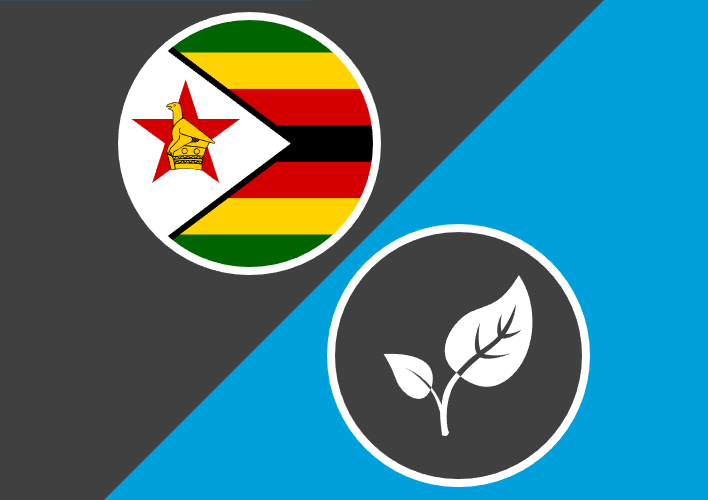Mennonite Central Committee Canada is supporting Brethren in Christ Compassionate and Development Services with a four and a half-year agriculture and livelihoods program in 6 wards of Gwanda district, Zimbabwe.
Persistent dry conditions and dried up water sources have negatively affected both crop and livestock agriculture activities and made it difficult for households to harvest enough food year round and earn enough income.
The situation is compounded by Zimbabwe’s poor economic state which has hyper-inflated food prices by 50% – 150%. Consequently, households struggle to afford enough food and many face crisis levels of food insecurity.
In response, this project will work with 1500 farming households (4,900 people) and train farmers on conservation agriculture (CA) principles including minimal soil disturbance, crop cover, and crop rotations. CA helps to build the resilience of farming systems to shocks like drought while building soil fertility and boosting food production. This project will also work to address gender gaps that impede the current farming system. In Gwanda, women are often responsible for most of the farm work while caring for their household and families.
However, many lack the proper resources to make farming decisions or have access to infrastructure, like nearby water sources, that would help complete tasks easier. The project will work to address these challenges by rehabilitating and upgrading nearby water sources as well as working with men and women to discuss how gender inequalities can be addressed to improve current farming systems.
The project aims to benefit 1,500 households (4,900 people in total).
